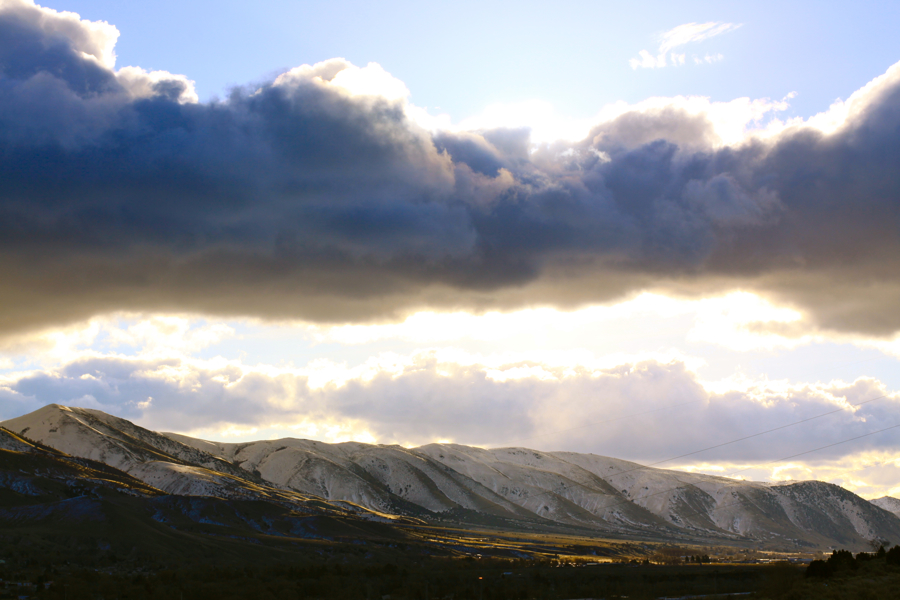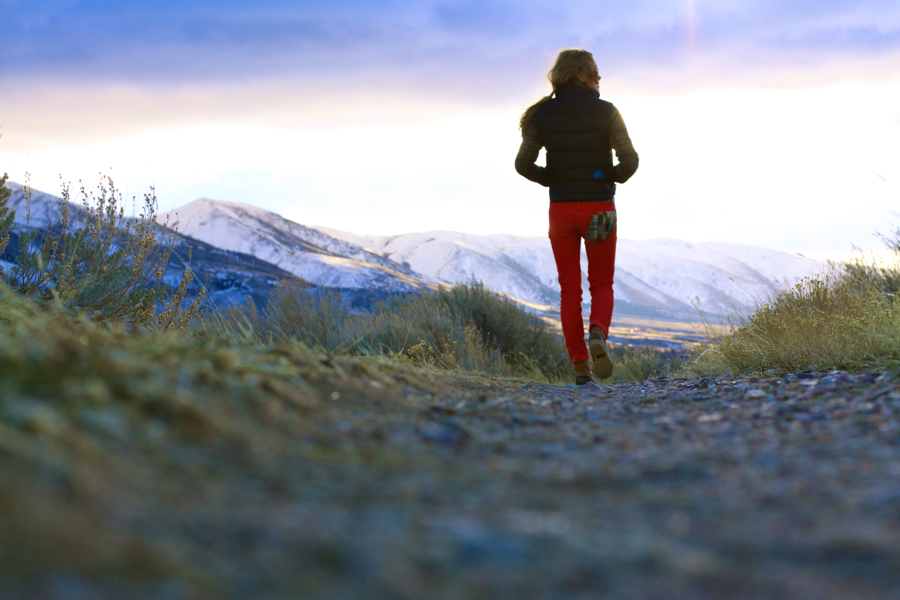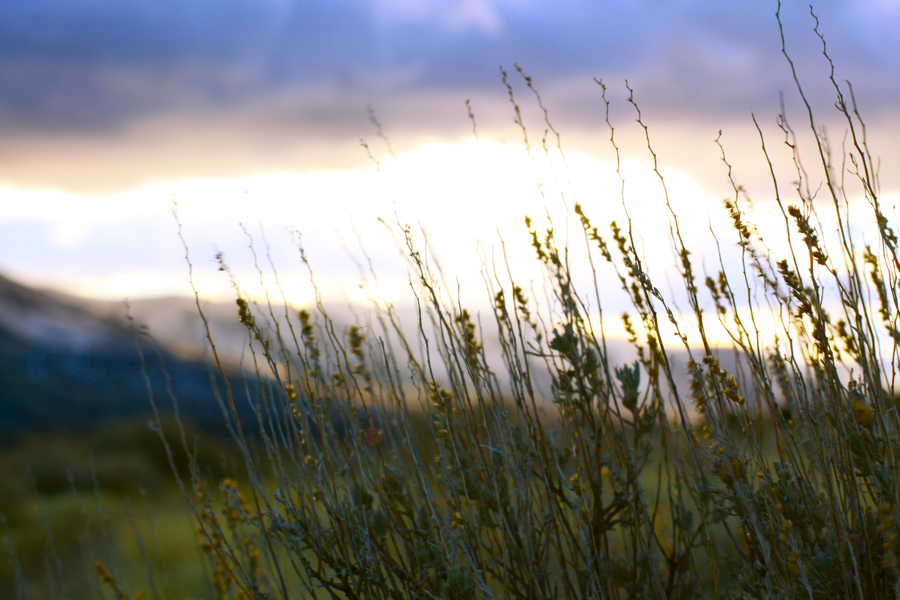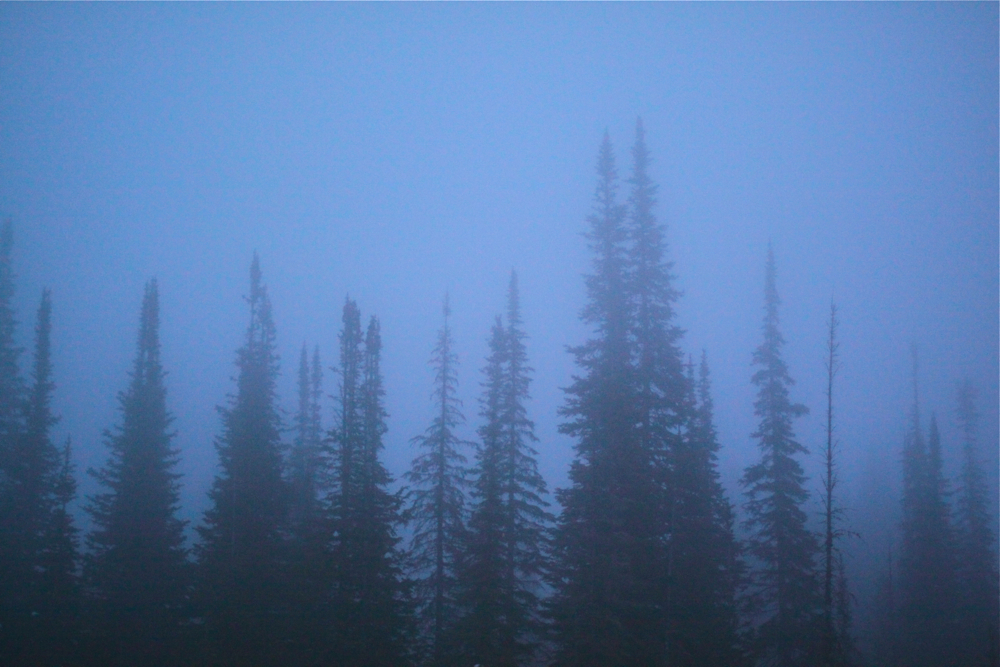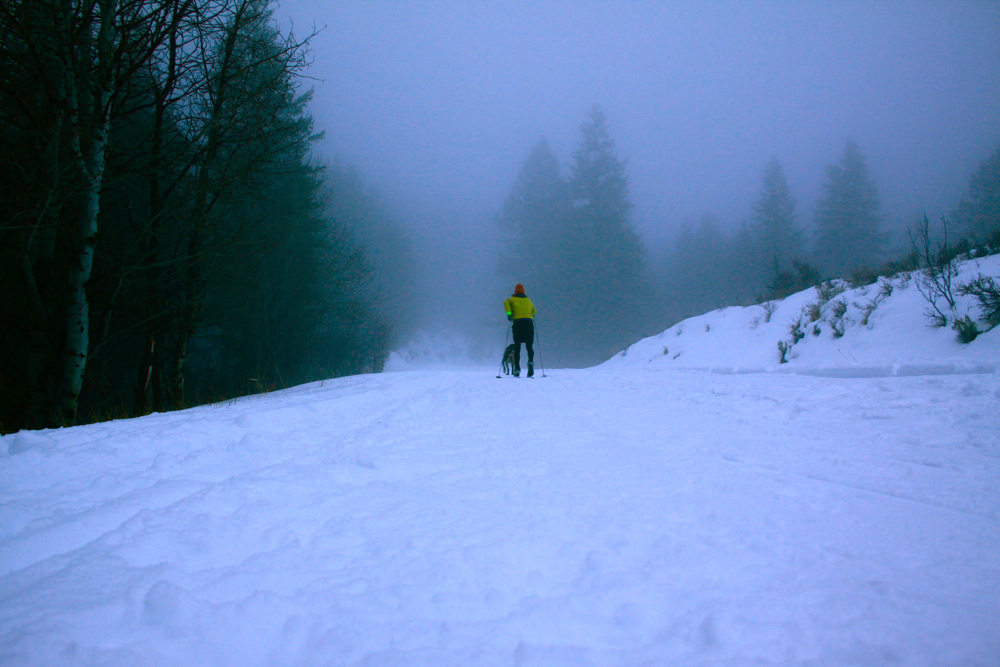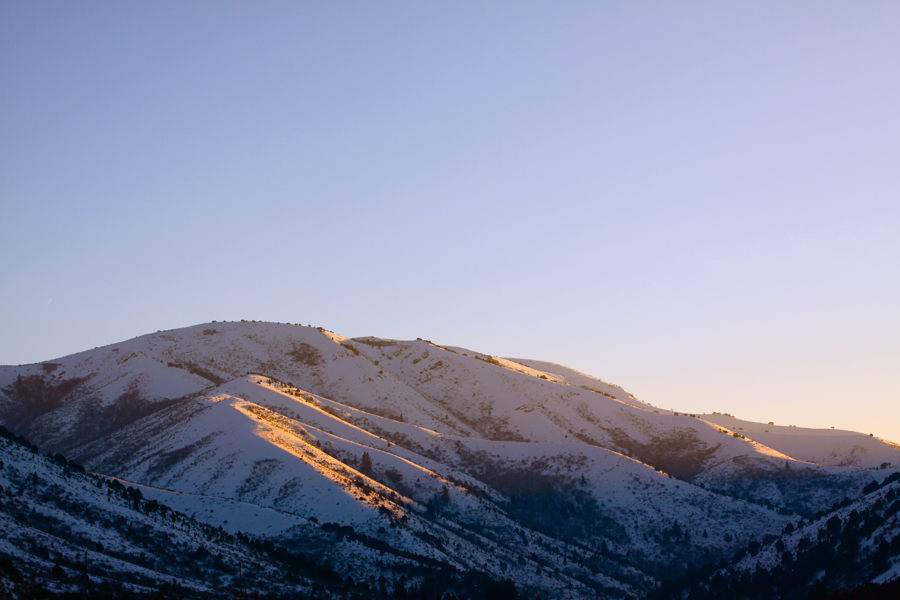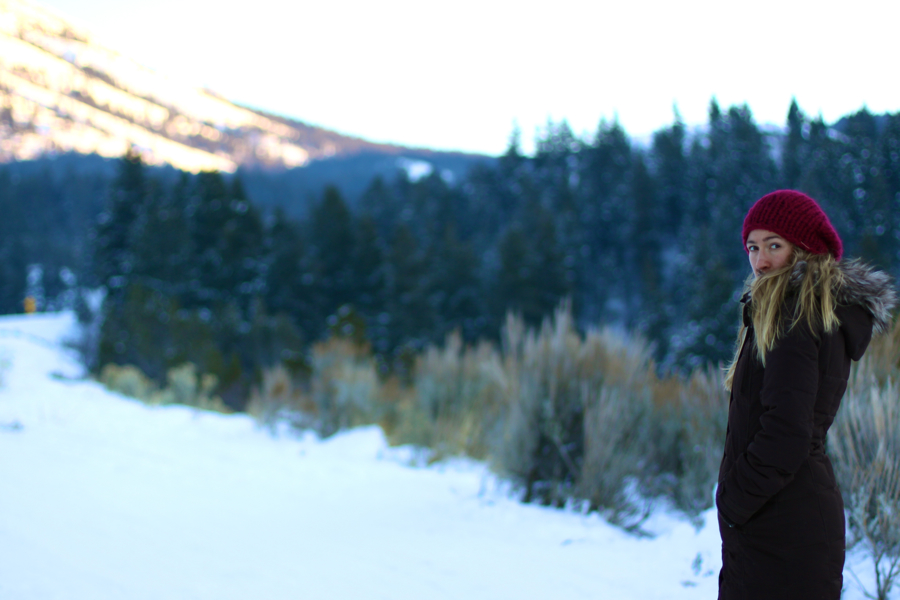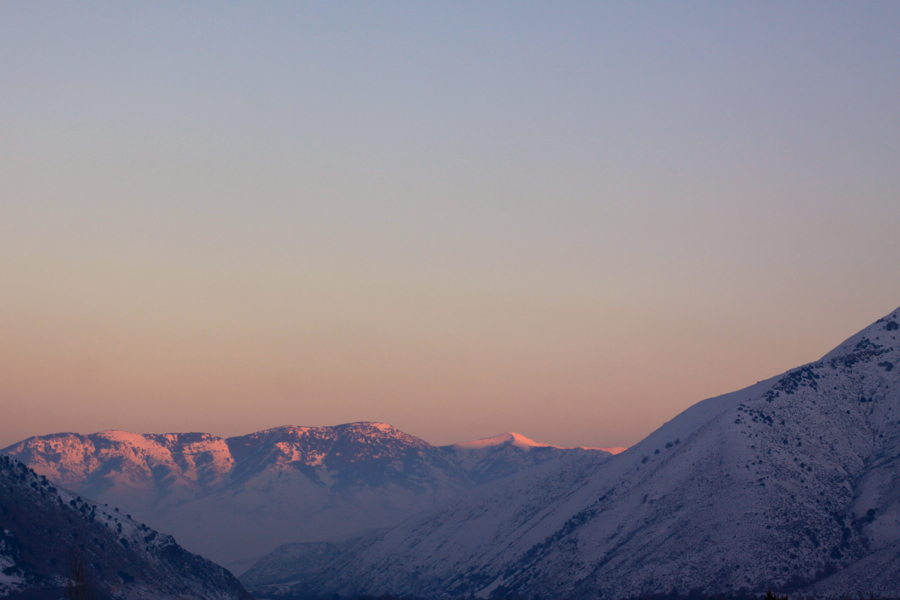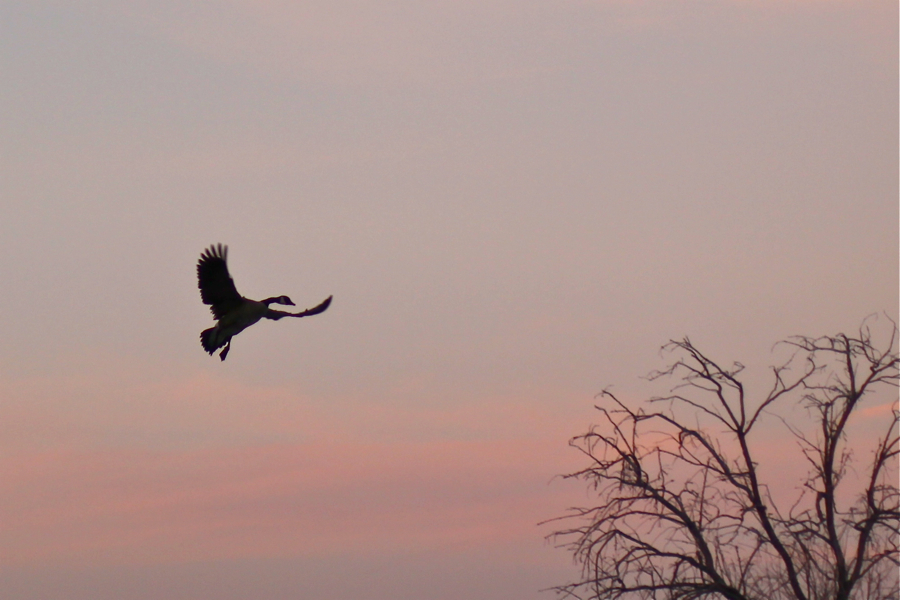“I learned to value only that which truly activates what is in my heart. I came to value those experiences which activate my heart as it really is. I sought, more and more, only those experiences which have the capacity, the depth, to activate the feeling that is my real feeling, in my true childish heart. And I learned slowly, to make things which are of that nature.“
[Christopher Alexander :: The Nature of Order, The Luminous Ground]
————————————————-
A friend emailed this quote to me recently and it prompted pages and pages of writing over a period of two weeks. I began to compile a list of the things my childish heart prefers — that is to say, the things I cherished when I was a child, not really objects, mostly daily experiences I had while growing up on remote warden stations in the National Parks of Canada. I want to share some of that list with you now!
My true childish heart prefers:
*playing alone, most of the time (which isn’t to say I didn’t enjoy playing with others — I was prone to wandering off on my own, and was content to be so)
*being in boreal forest (a spruce, jack pine and birch blend is nice)
*star gazing and wondering at the northern lights
*beaver ponds, narrow creeks, mossy forest floors
*tall grass, or a tall crop (wheat, canola, flax) — standing in tall grass or a tall crop
*collecting rocks, twigs, bugs, wings, feathers, bones, tadpoles, frogs, frog eggs, crayfish, leeches
*building snow forts, snow caves, forts in hay bale stacks, forts in aspen stands
*building, in general
*the sound of ruffed grouse drumming
*falling asleep to the songs of wolves and coyotes
*riding horses bareback
*fishing
*cleaning fish, generally dissecting things and investigating the insides of animals
*making whistles with caragana pods, blades of grass, reeds
*watching my dad do woodsman things: pack a packhorse, run a chainsaw, chop wood, build a fire, ride a horse, drive a snow machine, shovel dirt, gut a fish…
*climbing trees
*reading books
*rubbing the cheeks of rabbits (which brings them great pleasure and causes them to grind their teeth which sounds a bit like a cat purring)
*being under overturned canoes on the edge of a lake in a thunderstorm
*swimming
*twirling on ice while figure skating
*running/going places fast
*morning light filtering through a tent wall
*peppermint tea
*sewing
*any kind of baby animal, the wilder the better, rabbits especially
*keeping hens and collecting eggs
*hunting for the secret place the cat hid her new litter of kittens
*the sound of horses chewing oats
*cooling off in the horse trough on a hot summer day
*being made meek by a sudden storm
————————————————————-
At times, my childhood seems a lifetime ago. A girlfriend of mine, last summer, asked me what I was like when I was a little girl. When I went to answer her question, I realized I’m the same person (in most ways) as the little girl who grew up feeling she owned Riding Mountain National Park. My life isn’t much different either. I still spend hours out on the land, most days. I like peppermint tea. I make whistles out of grass blades and it seems there’s never a moment when I’m not exploring…or noticing the world around me. I know I have been changed, burdened, and freed, time and time again, by life experiences and interactions with humans, by loving and losing and loving and losing. But the changes have not been for the worse, but for the beauty of growth and betterness. I’ve been able to keep a good grip on my true childish heart, more than most, and I’m thankful for that. I don’t feel I’ve lost my way in adulthood, I’m thankful for that too. Who were you when you were young? Who are you now? Who would you rather be? I have been turning these questions over and over in my mind, pressing at the answers like they are rumpled cotton beneath a hot iron; they lay out before me now, crisp and white, new and beautiful, ready for the wearing.
————————————-
On Friday morning, I went up Gibson Jack. It was a wonderful, woolie spring day. The creek was ripping right along, fat with snow melt and rain. The trees were beginning to think about buds and root-moving-rock-splitting. After exploring the creek and laughing at the antics of the dogs, I laid down on the forest floor and watched the sky through the trees, simply being restful, aware and allowing my senses to drink in the world around me. I thought to myself:
Not enough people take the time to simply linger a little longer in the wild places. We pass through the forests, across the plains, under the arms of the mountains — we hurry on our way to somewhere. We forget to notice the sky and feel the wind. It would be better for us to linger, every now and again, to afford ourselves a full taste of the world around us, to slow our heartbeats and sink gently into the earth. Maybe, if we’re lucky, we will remember our true childish hearts, and feel a spirit of youth and freedom rise up in us.








